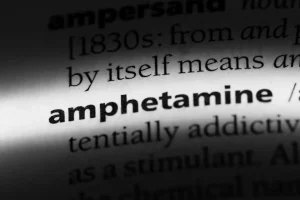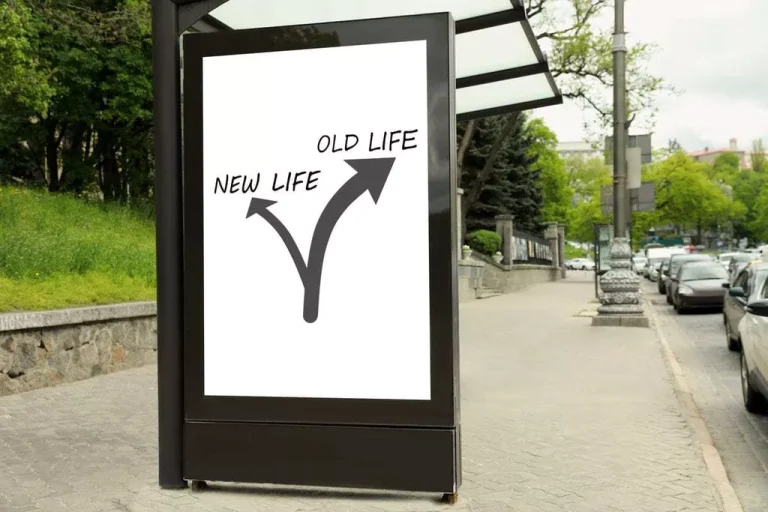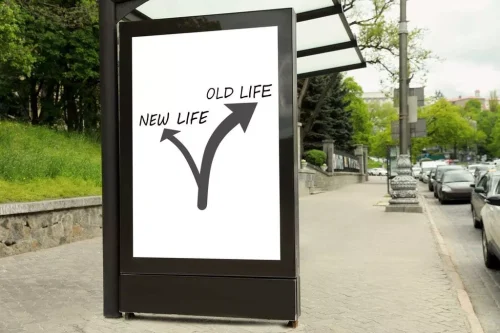How Easy is it to Open a Sober Living Home in Colorado?

Proper Drug and Alcohol Treatment, including treatment planning, medication management, counseling or group counseling. Informal life skills coaching and day-to-day recovery lifestyle support is typically OK. Before you open a sober living home, you must familiarize yourself with your state’s licensing and regulations Alcoholics Anonymous regarding sober living homes.
California Lawmakers are Somewhat Active in Trying to Pass Legislation to Introduce Sober Living Home Regulations
While revenue potential is significant, sober living homes also have operational costs to consider. Efficient management can help keep these costs in check and contribute to a more profitable operation. In Methuen, a husband-wife team was harassed by the city with several lengthy requests for code-related information and inspections. This is not usual in Massachusetts, where the broader community is skeptical about sober house recovery housing.
- In conclusion, financial planning is a crucial part of starting a sober living home.
- We encourage everyone to reinforce positive lifestyle changes through adventure, support, and peer feedback.
- In 2018, the Arizona legislature passed a law requiring all sober living homes to obtain licensing through the state.
Choosing a Location for a Sober Living Home

Due to these complexities, the initial investment and operational costs for a rehabilitation center are significantly higher than those for a sober living home. Prepare a policy handbook for your sober living home to set the standard https://ecosoberhouse.com/ for residents’ rights and responsibilities. When you open your sober living home and begin housing people in recovery, it’s best to have each resident review and sign the policy handbook upon admission and give them a copy to keep.
Property Management
- However, the Texas Administrative Code still requires Texas sober living homes to adhere to certain standards and requirements.
- Georgia’s lawmakers have indicated that they are not happy with this state affairs.
- A faith-based sober living home can be an excellent option for residents who want to incorporate their faith into their recovery journey.
There is some light at the end of the tunnel, though, just in the fact that you never have a complete vacancy. There is some wear and tear on the home, but usually, someone at the house is handy in a trade. For example, some residents have been chefs, plumbers, electricians, and so on.


Our all-in-one app for sober living management takes care of all the little details of running your business — from rental apps, to property management, to bed management — and lets you focus on the big picture. LARR is a non-profit affiliate organization of the National Alliance for Recovery Residences (NARR) that offers standards and ethical codes for Louisiana sober living homes to voluntarily follow. SB 4 bans sober living homes from engaging in unethical patient brokering, making “finder’s fees” and “referral fees” a prosecutable offense. SB 4 also cracks down on fraudulent insurance billing practices that some bad actors engage in with excessive drug testing. When seeking financial assistance, non-profits should consider aligning with foundations or companies with similar values. This strategic approach can increase the likelihood of securing grants well-suited to the organization’s funding needs.
How you apply for a government grant changed significantly over the last year. These changes come in the process of registration when applying for the System for Award Management. There are three steps of phases you’ll undertake to get your sober lying home certified in Oklahoma. Our organization is focused on the best interests of those in recovery first and operators second. If you are EXTREMELY passionate about helping serve recovering addicts and alcoholics and willing to go to nearly any length to help them, even if that means profit loss, please feel free to pursue certification.
- If you allow pets in your sober living home, you will need to have policies in place to ensure that the pets are well-behaved and that they do not pose a risk to other residents.
- You don’t want to be misleading, and you don’t want people who do not fit the criteria to live in your home to reach out to you.
- To obtain tax-exempt status, you will need to file Form 1023 with the IRS and meet certain requirements, such as having a charitable purpose and not engaging in political activities.
- Individuals residing in sober homes often have various options to cover their living expenses.
- Starting a sober living home isn’t as simple as purchasing a real estate property and renting it out to people in recovery.
DMHA is basing most of the designation requirements and on-site inspection requirements on the most current NARR quality standards. Part of the NARR quality standards for every setting is having a Code of Ethics, which should incorporate the NARR Code of Ethics. Another resource that could help you in your endeavor to open up a not-for-profit halfway house is The Echo Foundation Recovery Housing Initiative. The goal of Echo is to provide housing scholarships to clients in need of financial help and safe housing while in transition or rehabilitation on an outpatient program. Step three – the last step before certification – involves an “onsite review” or a physical plant inspection of your sober living facility. This is where a representative from OKARR will walk through your sober living home and ensure that all of the details conform with NARR standards.

- The system encourages the development of leadership skills and self-efficacy and allows residents to learn or relearn values and responsible recovery behavior.
- It should not be used in place of the advice of your physician or other qualified healthcare provider.
- Sober living homes prioritize a safe and supportive environment, emphasizing accountability, community, and the development of life and coping skills necessary for long-term recovery.
- You will also need to have liability insurance and comply with health and safety regulations.
- It would also be helpful if the house were near your work or school, a grocery store, public transit, a laundromat, and a healthcare provider.
- Additionally, you should ensure that the property meets all zoning and building codes and has enough space to accommodate your residents.
This resource was developed as a supplement to the OhioMHAS Quality Housing Criteria, which will be useful to you if you intend to receive state funding (such as subsidized housing vouchers) at your sober living home. Opening a sober living home is an honorable endeavor but it can be challenging, much like any other business venture. By partnering with a well-established sober living company, you can avoid fatal business errors by using tried and tested methods that have already yielded results. You also reap the benefits of already having a quality website, marketing tools, and sales materials. If you’re attempting to open a sober living home for the first time on your own, your chances of success greatly increase if you partner with a well-established company. This is especially true with the volatile state of the real estate market right now due to COVID-19.
The long-term financial viability of a sober living home often improves with time as the facility gains reputation and credibility. Word-of-mouth referrals and partnerships with healthcare providers can significantly boost occupancy rates and, by extension, revenue. Several funding options are available, including government grants, private loans, and partnerships with healthcare providers.
